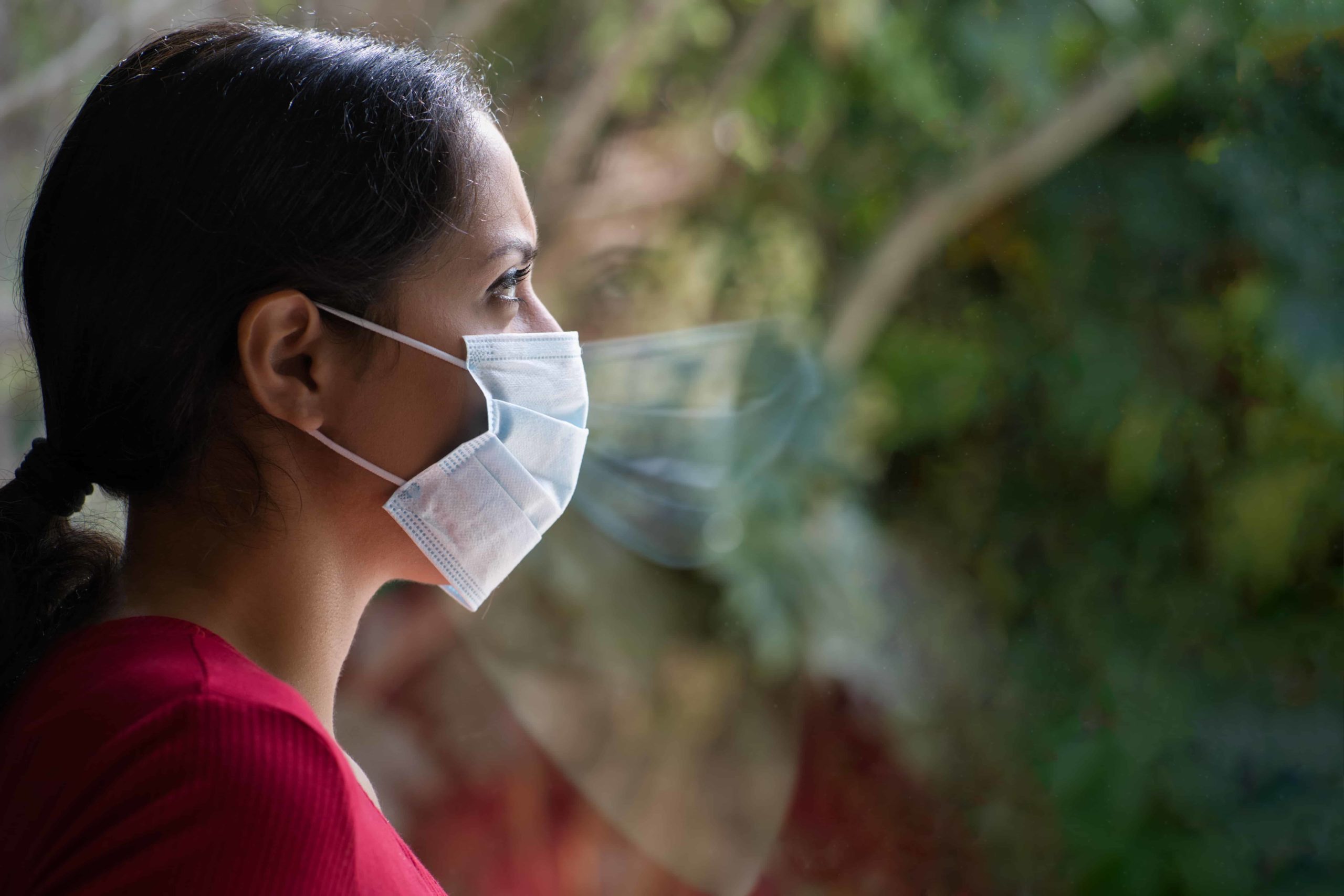
As we pass more than a month in lockdown, we are beginning to understand a little more about its multiple impacts. Although current circumstances are difficult for everyone, for some people and some groups, there are specific challenges and pressures. Here, we consider some of the difficulties which may arise for individuals and their families affected by a brain injury.
A big feature of the lockdown is people using digital technology to maintain relationships: pensioners have quickly embraced Zoom for virtual family get togethers; teenagers, already adept with technology, prefer apps such as House Party. How is this move to digital communications for people with brain injuries? A study published in the journal, Brain Injury last year, Flynn suggested the use of computer mediated communication can worsen the social isolation people with brain injuries already experience.
It is widely recognised that people with brain injuries have smaller friendship networks and lower levels of social participation, on average, than the broader population. When Flynn considered how people with brain injuries used social media and text messages to maintain friendships, she found people with brain injuries used text messages less frequently than the general population, due to the impact of their injury on the fine motor skills required. It is also recognised that many people struggle with screen glare after a brain injury.
Although there will be wide variation from person to person, it seems likely that people with brain injuries may be less comfortable and able to move to digital technology to maintain their relationships during lockdown.
There is also an increasing recognition of the pressures on relationships during lockdown. Looking at brain injuries, a recent study based on in-depth interviews with couples provides some useful insights (O’Keeffe, 2020). The changes in relationship dynamics caused by a brain injury are described as multiple, encompassing emotions, empathy, communication and functions. These changes are described as being profoundly destabilising for relationships. Clinical interventions and focused support is essential to support relationships, the research concludes.
It follows that for individuals and their loved ones already facing these challenges from a brain injury, the pressures and isolation of lockdown will be particularly difficult.
Equally, there may be some people struggling with challenging feelings and presentations which are not yet identified as being linked to a brain injury. A recent study (Rachelle, 2020) of post-concussive depression describes the overlap between symptoms of depression and symptoms of post-concussion depression, particularly in children and adolescents. For this reason, individuals can be diagnosed with depression with the link to a concussion missed. Younger patients tend to score better on cognitive tests after a concussion compared with adult populations, but high levels of emotionality, irritability and nervousness should be noted and considered as a possible indication of post-concussion depression.
In the current circumstances, there will be many households with difficult relationship dynamics, which now face the additional pressure of lockdown. The challenges may not be linked to a concussion; they may be interpreted as part of family conflict and tensions during a particularly difficult time. As such, families will be struggling on their own without the benefit of a diagnosis and tailored clinical support.
This is part of what is increasingly being recognised as another impact of Covid-19: with many face-to-face services closed and people are reluctant to seek help at their GP or hospital, there is a risk that non-Covid health problems remain undiagnosed and thus left without essential treatment or support.
References
Margaret A. Flynn (2019) Characterizing computer-mediated communication, friendship, and social participation in adults with traumatic brain injury, Brain Injury, 33:8, 1097-1104, DOI: 10.1080/02699052.2019.1616112
Rachelle A. DeMatteo (2020) Post-concussive depression: evaluating depressive symptoms following concussion in adolescents and its effects on executive function, Brain Injury, 34:4, 520-527, DOI: 10.1080/02699052.2020.1725841
Fiadhnait O’Keeffe (2020) “The things that people can’t see” The impact of TBI on relationships: an interpretative phenomenological analysis, Brain Injury, 34:4, 496-507, DOI: 10.1080/02699052.2020.1725641
For our terms of use and disclaimer follow this link: https://coulthursts.co.uk/
